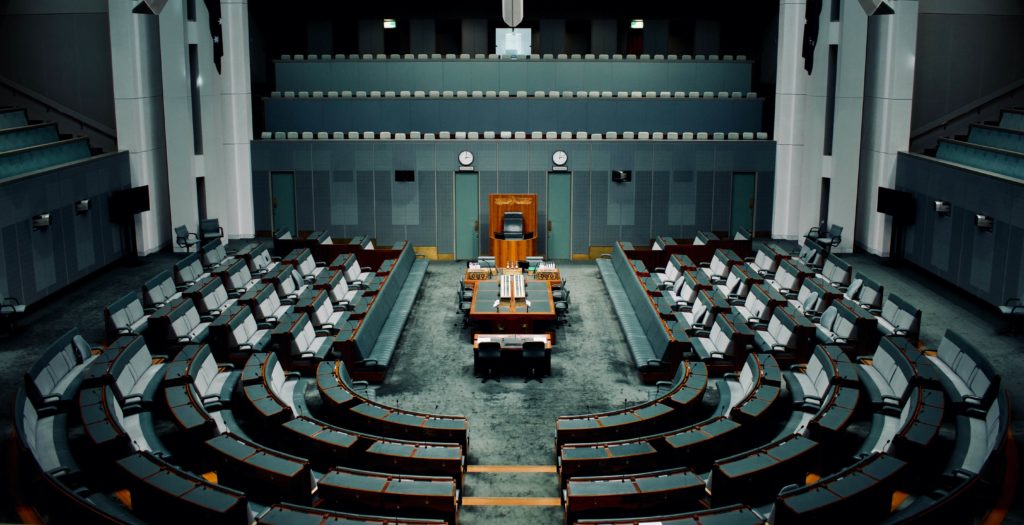On 18 March 2021, the Joint Standing Committee on Migration (the Committee) presented an interim report for its inquiry into Australia’s skilled migration program. It makes 12 welcome recommendations focused on Australia’s recovery from the economic effects of the COVID-19 pandemic. It also makes submissions in relation to Australia’s international competitiveness in attracting entrepreneurs, venture capital, start-ups, and the best and brightest migrants with cutting edge skills.
A further report is expected in July this year which will consider longer term issues regarding the skilled migration program.
What is the impact of COVID-19 for Australia’s foreign labour supply?
As a result of COVID-19, over 500,000 temporary visa holders left Australia resulting in significant skills shortages. The Committee heard that job vacancies in November last year reached 254,000, higher than any point in the last 10 years.
The Committee also received submissions from businesses, industry representatives and submissions that the current skilled migration program is adversely impacting economic recovery. Business NSW told the Committee that half of businesses in NSW are currently experiencing skills shortages. In Western Australia one in three businesses have skilled labour shortages. More than a third (36%) of businesses in the Northern Territory have identified their greatest challenge over the next 3-6 months to be retaining and attracting staff.
Given the above, what are the recommendations?
The Interim report makes twelve recommendations which include:
Recommendation 1: Streamline Labour Market Testing
Recommendation 2: Remove the Skilling Australia Fund levy
Recommendation 3: Provide greater transparency
Recommendation 4: Remove visa conditions
Recommendation 5: Urgently update the PMSOL
Recommendation 6: Urgently review the PMSOL
Recommendation 7: Review occupation lists
Recommendation 8: Reserve flights and quarantine for skilled migrants
Recommendation 9: Improve processing times
Recommendation 10: Clearer pathways to permanent residence
Recommendation 11: Global marketing campaign to attract talent
Recommendation 12: Inclusion of temporary and permanent visas for BIIP and GTI
What does this mean going forward?
Though these are not binding, the Committees interim findings and recommendations is affirmation of the importance skilled migration plays in Australia. In 2019, the Director of Migration Statistics Jenny Dobak said that just under 30 per cent of Australia’s resident population were born overseas. This level of multiculturalism is a significant driver of the dynamic economy Australians can be proud of. Although Australia looks to be in good shape for a ‘V-shape” post COVID-19 economic recovery, it’s important to recognise that sustainable economic growth is correlated to our ability to attract and retain global talent. The above recommendations are welcome commentary in that regard.
Should you be a business or employer looking to recruit foreign talent to Australia, feel free to contact one of our immigration experts at [email protected] or +61 3 9016 0484 for further information.



Thanks for the info Sir.
This pandemic has created a chaos all over the world.
We were planning to work in Australia but now the Government has banned visas for India.
Hope Our Indian Government will soon pay attention to curb this disease.